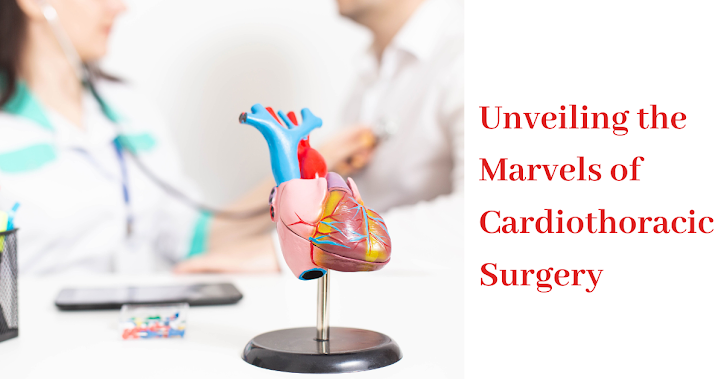Unveiling the Culprits: Foods That Promote Plaque Build-up on Teeth

Oral health is crucial for overall well-being, and maintaining healthy teeth is a key aspect of it. While we all know that brushing and flossing play significant roles in preventing plaque formation, the foods we consume also influence dental health. Plaque, a sticky film of bacteria, continuously forms on teeth and can lead to tooth decay and gum disease. This article aims to shed light on some of the culprits among our favorite foods that contribute to plaque build-up on teeth. Sugary Delights Perhaps one of the most notorious categories, sugary treats are beloved by many but also deeply feared by dentists. Foods like candies, chocolates, cakes, and cookies are loaded with sugars that feed oral bacteria. When bacteria consume these sugars, they produce acids that weaken the tooth enamel, leading to the formation of plaque. Carbonated Beverages Sodas, energy drinks, and even sparkling water can wreak havoc on dental health. Apart from being packed with sugars, carbonated beverages are


.png)